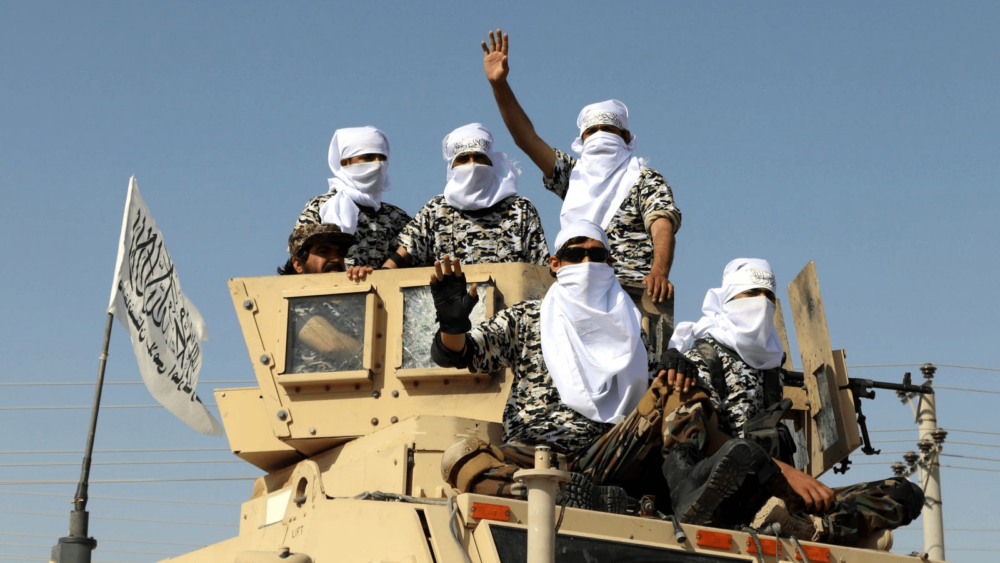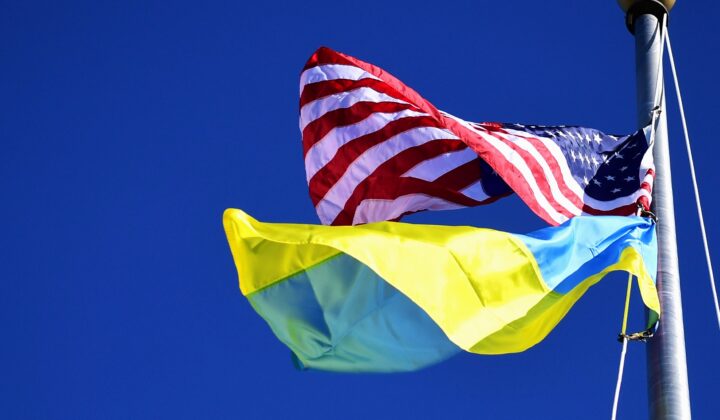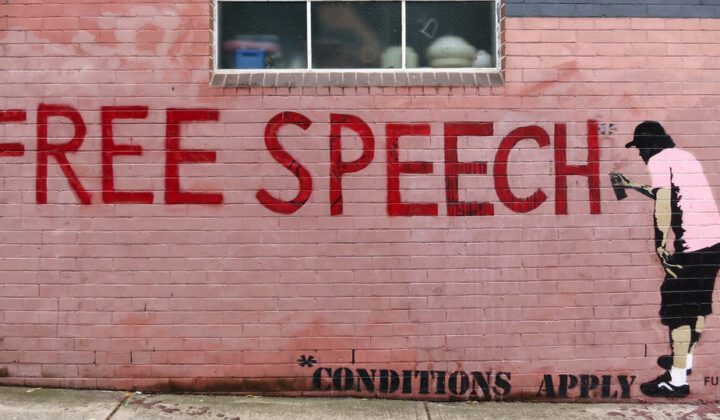The Taliban control Afghanistan. Their insurgency is over, but their task of governing is just beginning. We don’t have to tell you that 80,000 militants aren’t up for the job.
For the 38 million people of Afghanistan, things are dire. Last year, 43 percent of Afghanistan’s GDP was foreign aid––almost all of which is threatened. 80 percent of the government’s budget came from foreign governments, which will likely fall to nearly zero. At the moment, the IMF has halted access to $440 million in aid which they planned to give to the Afghan government, and the World bank is canceling $787 million in aid. The United States has blocked the Taliban from accessing $9.4 billion of Afghanistan’s national reserves, a vast majority.
None of these choices were wrong. At the very least, they create leverage over the Taliban and could be used to force concessions. But with the Taliban in control, Afghanistan is in a death spiral, and innocent Afghans have the most to lose. Already, millions of children’s lives are threatened by hunger.
We don’t know the path forward, but it will likely entail the international community establishing some sort of working relationship with the terrorist state to minimize loss of life among innocents while ensuring maximal influence. Unfortunately, some countries seem to be pursuing their own interests first.
Who has recognized the Taliban so far?
No country has established formal ties with the Taliban and recognized its government as legitimate––yet. In the coming weeks, that’s liable to change.
China, which has long feared Islamic extremism in Xinjiang, has maintained a constant dialogue with the Taliban. As a form of reciprocity, the Taliban has decided to turn a blind eye to the Chinese genocide against the Uyghur Muslim community (as has much of the Middle East). The Chinese government hasn’t announced when they’ll recognize the Taliban, but it’s only a matter of time. According to spokesperson Zhao Lijian, “It is a customary international practice that the recognition of a government comes after its formation.”
Vying for first place is Pakistan, a long-time friend of the Taliban and one of only three countries that recognized the 1996-2001 regime (along with UAE and Saudi Arabia.) Jubilant, Prime Minister Imran Khan declared that Afghans had “broken the shackles of slavery” after US exit. Similarly, Iran’s Foreign Ministry disparaged the US and declared that they will “stand with the brotherly nation of Afghanistan.” Clearly, the Taliban will have at least a few allies.
Meanwhile, the rest of the region is standing by. India’s Ministry of External Affairs said that “the situation is uncertain.” Erdogan’s Turkey has kept its embassy open but, facing domestic setbacks, might seek to capitalize on the crisis to gain a prominent role in rebuilding the country. Countries in the Gulf, like the UAE and Saudi Arabia, are taking a cautious approach.
What are Western democracies saying?
Western democracies are dragging their feet, trying to identify the least bad option.
In Canada, Trudeau’s government has “no plans” to recognize the Taliban, but that stance is almost uniquely firm. In France, Macron’s government may be willing to recognize the Taliban if it meets three conditions including respecting women’s rights and allowing asylum seekers out of the country. In Germany, outgoing Chancellor Angela Merkel recommends maintaining a dialogue with the Taliban. Green candidate Annalena Baerbock, hoping to replace her, stated that Germany might hold conversations with the Taliban, but would not recognize it “because it is not the legitimate government but an Islamist terror group.”
The EU’s stance seems to be much the same, with foreign affairs official Josep Borrell stating that “The Taliban have won the war, so we will have to talk with them…It’s not a matter of official recognition.” EU Commision President Ursula von der Leyen says she will propose increasing humanitarian aid to Afghanistan this year from the EU, though it will be “tied to strict conditions: respect for human rights, good treatment of minorities, and respect for the rights of women and girls.”
At the moment, the West’s stance toward the Taliban is a murky one. We’ll recognize them––maybe––but only if they stop acting like the Taliban, and even then, we might just open a dialogue without extending official recognition. In other words: we’ll see.
Afghanistan’s fate is an open question. Even the Taliban’s survival is far from certain. What we do know is that the Afghan people are struggling, and under the Taliban’s rule it will get worse. Just as the West united to topple the Taliban 20 years ago, we must unite again to save the people of Afghanistan. Whether we like it or not, millions of lives are counting on us.





